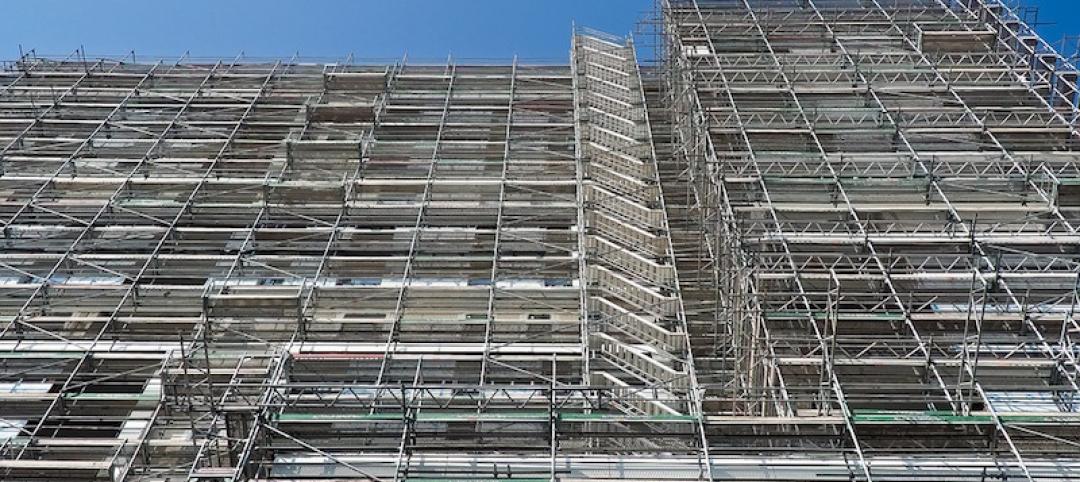For improved water efficiency in cities, water managers and urban planners must coordinate their efforts better, according to a new report led by University of Arizona landscape architecture and planning researchers.
Lack of time and resources and practitioners not in the habit of working together were cited as the main factors stymieing better collaboration, according to responses to a national survey of water managers and urban planners. The report includes a tool for practitioners to identify goals for collaboration and what barriers might stand in their way.
The first steps toward improved collaboration include joint training sessions where water managers and urban planners hear each other's challenges and brainstorm ways of coordinating their work. Where coordination works well, a water engineer might sit in on development review meetings for new projects and weigh in during permitting to ensure that the new development would achieve groundwater and stormwater goals of regional and state agencies.
In the future, water managers and urban planners could help staff each other's agencies for a complete integration of the two functions.
Related Stories
Codes and Standards | Jul 12, 2017
New International Building Code allows weather-resistive barriers above 40 feet
Danger of propagating flames now deemed negligible.
Codes and Standards | Jul 10, 2017
New mass plywood panel project moves ahead with federal grant
New material is substitute for concrete and steel in multi-story projects.
Codes and Standards | Jul 6, 2017
Trump ups ante on apprenticeships, gives private sector more room to design them
Initiative aimed at alleviating construction industry worker shortage.
Codes and Standards | Jul 6, 2017
Flawed modeling to blame for green buildings failure to live up to hype on energy efficiency
Explains energy performance gap from expected savings to actual savings.
Codes and Standards | Jul 5, 2017
Research study examines tall timber buildings worldwide
Industry group developing criteria for categorizing wide range of construction approaches to tall timber buildings.
Codes and Standards | Jun 30, 2017
AAMA releases new document on aluminum fenestration and energy efficiency
The free download addresses entrances, storefront framing, curtain walls, windows and skylight fenestration systems.
Codes and Standards | Jun 29, 2017
Fire codes prevent cladding used on Grenfell Tower from being used in U.S.
Reports suggest an extra $6,300 for fire-resistant cladding could have prevented the tragedy.
Codes and Standards | Jun 28, 2017
Minimum Design Loads and Associated Criteria for Buildings and Other Structures, Standards ASCE/SEI 7-16, has been updated
The document is used for determining design loads including dead, live, soil, flood, tsunami, snow, rain, atmospheric ice, earthquake, wind, and fire.
Codes and Standards | Jun 27, 2017
Cold-formed steel framing engineering guide for building projects released
Better sound attenuation for subfloors and exterior continuous insulation are among the matters addressed.
Codes and Standards | Jun 26, 2017
L.A.’s new ordinance requires energy and water efficiency benchmarking
Structures 20,000 sf and larger must demonstrate steps to boost efficiency.

















